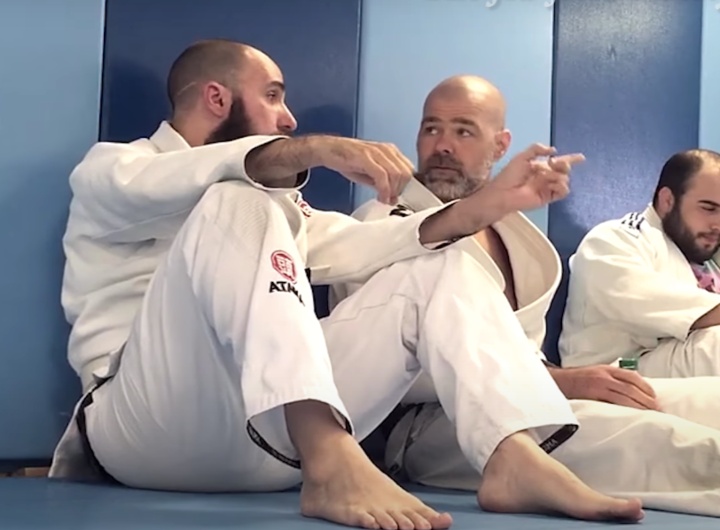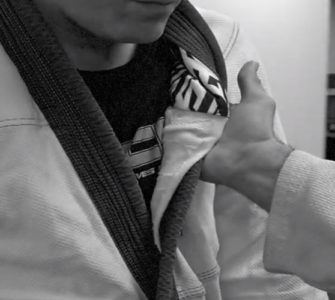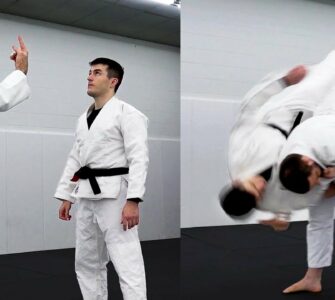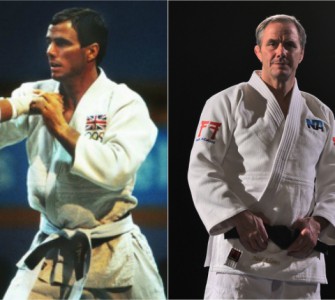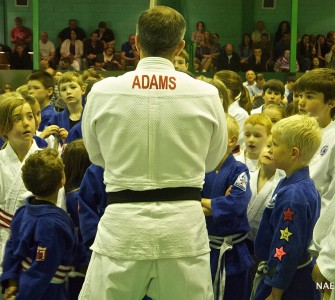Hey there! It sounds like you’re having a tough time with a person in your Jiu-Jitsu class. It can be really difficult to adjust to someone who has a different energy and approach than what you may be used to.
The first thing to do is to talk with your instructor. Have an open and honest conversation with them about your concerns – they can help you better understand that person, and may be able to provide strategies to manage the situation.
Even if this person isn’t as warm and friendly as what you might be used to, remember that they are a part of your Jiu-Jitsu class and they joined the group for a reason. Respect their boundaries and try to be understanding of their attitude.
So how do you approach rolling with people that give you a bad vibe (or getting approached by them)?
BJJEE editor in charge Gile Huni is convinced that something like this can be counter-productive. He went on to say:
“Personally, I don’t like to roll with people that I find annoying or who have bad intentions and that give me a bad vibe because the roll can get emotional in the sense that I often have to go extra hard on them because, in a way, I don’t appreciate them and actually want to teach them a lesson. That makes me more tired and at the end I don’t end the roll feeling better. They also pass me their negative energy afterwards. I prefer rolling with nicer people where the roll is about improving, even if it’s a hard roll, it’s not a grudge match.”
Indeed rolling is a very specific interaction. This type of interplay can go horribly awry, often in contrary situations – with those too close to us as well as those who we have a conflicting relationship with.
It’s been proven that rolling helps the body release oxytocin, the cuddle hormone which typically makes this kind of interaction deeper, intensifies the feelings of attachment and makes those involved much closer.
The hormone that promotes warm social interactions might also be responsible for promoting in group favoritism as well as ethnocentrism strongly suggesting it might have a dark side as well. While usually linked to trust, empathy and generosity it can seriously promote conflicting feelings.
Past studies have shown that it helps foster social feelings, such as the one between a mother and a child as well as altruism it isn’t always the case. Social psychologist Carsten de Dreu of the University of Amsterdam in the Netherlands suggested it might also foster the feeling of one group being better then the other – at the expense of outsiders. All this might not be such a thing if bjj academies didn’t have such a huge turn over.
The net result is that oxytocin makes people prefer their own group over other groups “and thus sets the stage for prejudice and social discrimination,” de Dreu says of findings detailed online January 10 in Proceedings of the National Academy of Sciences.
But then again:
“Recent classes of theories explaining the role of oxytocin in social behavior have focused only on prosocial positive behaviors such as trust and generosity. However, oxytocin is also involved in maternal aggression and territoriality.” says neuroscientist Simone Shamay-Tsoory at Haifa University in Mount Carmel, Israel.
Of course oxytocin isn’t the only chemical involved and in the end much may depend on the kind of experience we’re seeking to foster within ourselves.
In most cases, it’s helpful to talk to the person directly. While it may feel intimidating, it can be a great way to get to know them better and to express your own needs and concerns.
Finally, try to stay focused on your own practice. If you find yourself getting overwhelmed by the situation, take a break, work on technique and give yourself some time and space to regroup.
Good luck!

